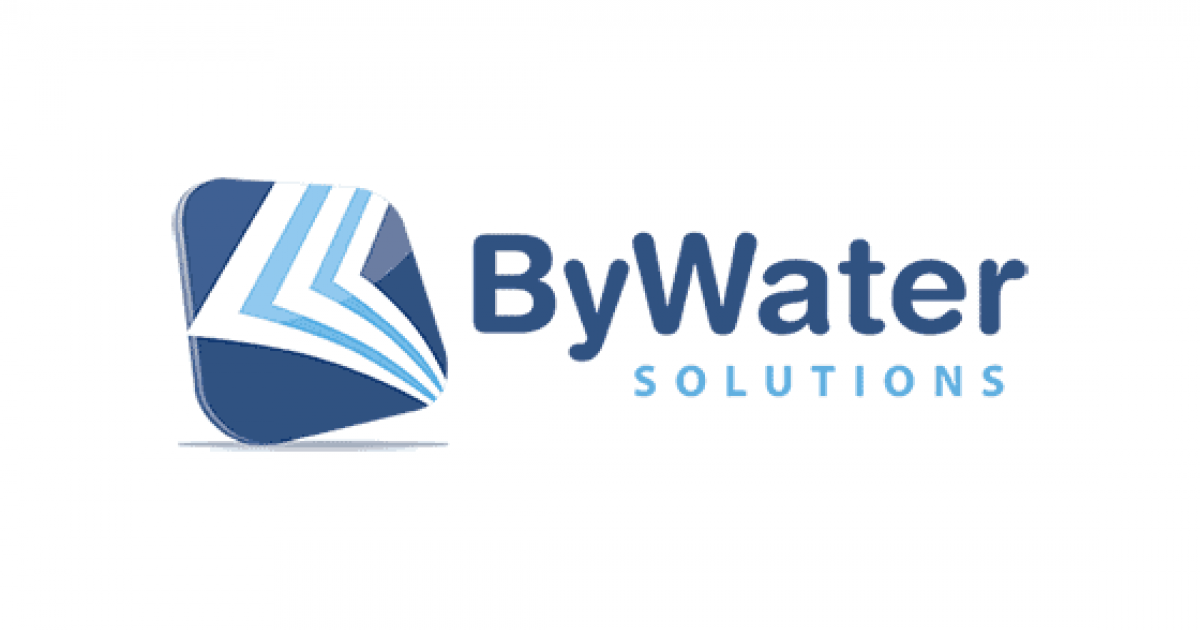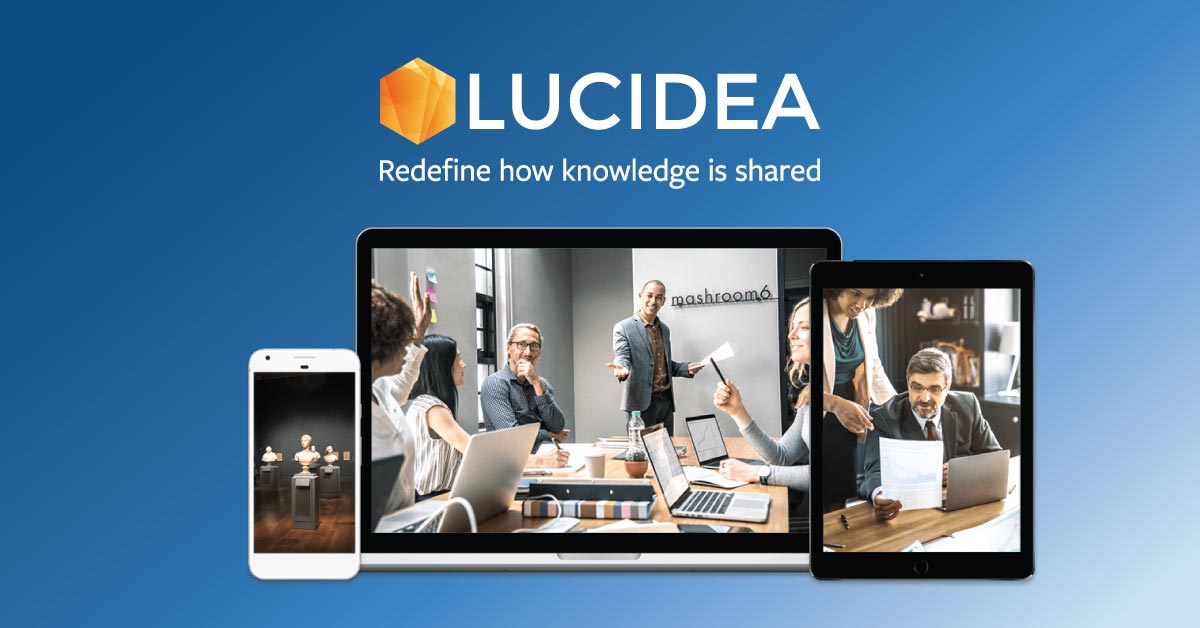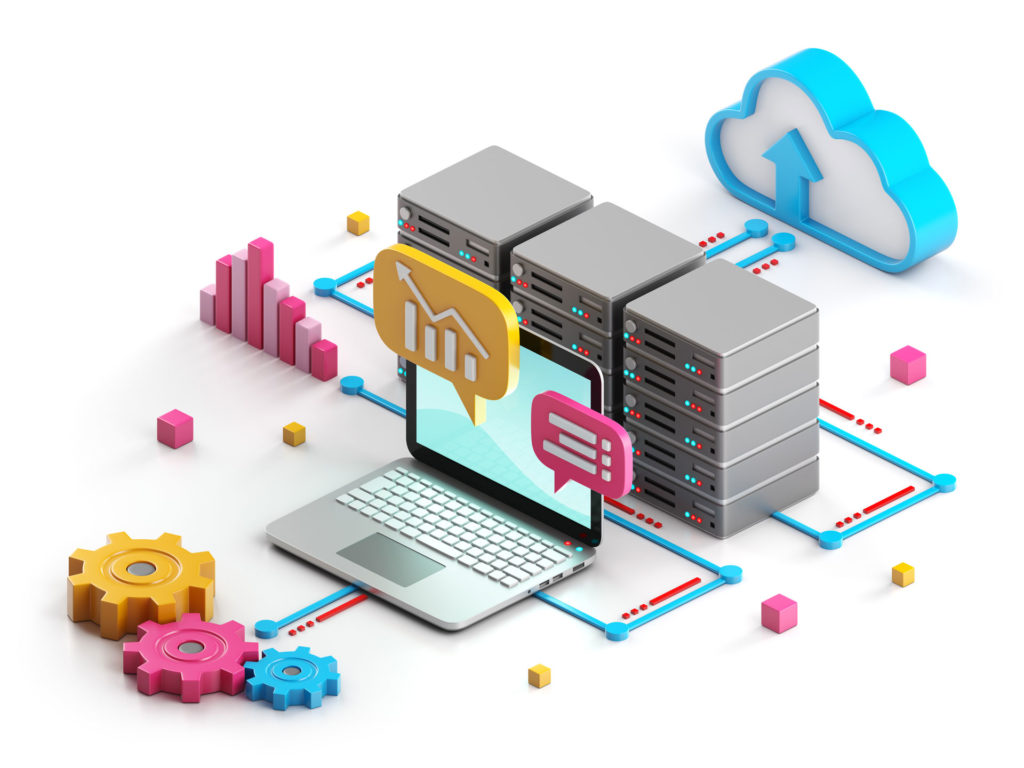Introduction
Library management software is a critical tool for modern libraries to manage collections, patron accounts and services. With so many options on the market, it can be difficult for libraries – especially those with tight budgets – to determine which solution is the best fit for their unique needs and resources. In this review, we evaluate 10 of the most popular library management systems (LMS) based on robust criteria like ease of use, support offerings, pricing and more to help readers make an informed selection.
Methods of Evaluation
To create our rankings, each LMS solution was evaluated based on the following conventional criteria: features and functionality, ease of use, pricing and plans, support and training offered, mobile access and integrations. Additionally, we factored in less conventional metrics like number of online reviews, backlinks from authoritative library sites, monthly traffic and keyword search trends over the last year to gauge real-world reception and popularity among library professionals.
1. Library World
Library World is a leading provider of library management software. Founded in 1980, they have focused exclusively on developing robust software to manage the operations of libraries of all different sizes. Their software is used by over 5,000 libraries in 50 countries worldwide.
Pros: Some key advantages of Library World’s software include:
– Robust and scalable platform that can support the needs of large academic and public libraries
– Mobile tools that allow patrons to search the catalog, check availability, renew items and place holds directly from their phone
– Strong reporting and analytics capabilities to understand patron usage and needs
Cons: Potential disadvantages could include the upfront purchase and implementation costs which may be higher than some other options. Continuous upgrades are also required to access new features and stay current on support.
Pricing: Library World offers both perpetual and subscription licensing models. Pricing varies based on the size and needs of the library but typically ranges from $15,000 for a small public library to over $100,000 for a major academic institution.
Some key stats about Library World’s software include:
– Supports over 10 million items and 500 million transactions annually
– Mobile apps used by over 2 million patrons each month
– Real-time analytics used by 80% of customers to improve services
2. BiblioCommons
BiblioCommons is a leading library management software that provides modern discovery experiences for patrons and integrated tools for staff. In business since 2007, BiblioCommons transforms public library catalogs, mobile apps, websites, events, and email marketing into engaging digital experiences.
Pros: Key advantages of BiblioCommons include:
– Modern discovery experience for patrons through an engaging interface optimized for different devices
– Integrated suite of tools for staff to manage the catalog, events, marketing and more in one place
– Responsive design that looks great on any screen from desktop to mobile
Cons: One potential disadvantage is the subscription pricing model which requires an ongoing commitment from libraries compared to one-time perpetual licensing of some competitors’ products.
Pricing: BiblioCommons pricing is based on the size of the library’s collection and patron population. They offer various subscription tiers starting at $3,000/year for smaller libraries up to customized enterprise plans for very large libraries.
Some key stats about BiblioCommons include:
– Used by over 800 public libraries worldwide
– Serves over 40 million patrons globally
– Regularly enhances their product based on customer and market feedback
3. Sierra
Sierra is an integrated library system developed by Innovative to help libraries manage workflows and provide access to resources. Sierra has been serving libraries for over 30 years with a robust set of features to handle acquisition, cataloging, circulation and more.
Pros: Some key advantages of Sierra include:
– Great for large libraries with complex needs due to its powerful feature set.
– Offers advanced resource sharing and consortia management capabilities.
– Easy to integrate with other library systems and services through its open APIs.
– Regular updates and improvements from Innovative to keep workflows modern.
Cons: One potential disadvantage is that the extensive capabilities of Sierra mean it has a relatively large and complex administrative interface that requires more training for staff compared to simpler LMS options.
Pricing: Sierra pricing is not publicly disclosed but is typically sold as an annual subscription based on the size and needs of the library. Implementation, training and support services are also additional costs to consider.
Some key stats about Sierra include:
– Used by over 2,000 libraries worldwide serving millions of users.
– Integrates with major third-party solutions like Overdrive, Kanopy and Biblioboard.
– Features an intuitive patron-facing catalog and self-service interfaces.
– Offers APIs and SDKs for customization and integration with local systems.
4. Axiell Calm
Axiell Calm is a comprehensive library management system developed by Axiell, a leading provider of software solutions for libraries, museums and cultural heritage institutions. With over 30 years of experience, Axiell Calm is used by over 2,500 libraries in 57 countries worldwide.
Pros: Some key advantages of Axiell Calm include:
– Powerful yet easy to use interface
– Great support for consortia and cooperative collection management
– Advanced functionalities like patron self-service, online reservations and renewals
Cons: One potential disadvantage is that as a more full-featured library management system, there may be a larger learning curve compared to simpler options.
Pricing: Pricing for Axiell Calm is based on the size and needs of the library. Generally it costs between $15,000-$50,000 per year depending on factors like number of locations, circulation transactions and more. Axiell also offers affordable pricing plans for academic and non-profit libraries.
Some key stats about Axiell Calm include:
– Used by over 2,500 libraries globally
– Supports 57 different countries’ library needs
– Over 30 years of experience developing library management software
– Modules available for cataloging, circulation, acquisitions and more
5. Civica
Civica is a global leader in public sector software with over 30 years of experience. They provide library automation and management solutions to over 3,500 libraries worldwide. Their solutions help libraries manage resources, automate workflows and provide improved digital services to patrons.
Pros: Key advantages of Civica’s library management software include:
– Strong global customer base and reputation for reliable, robust solutions
– Modern interface designed for both staff and public use
– Complete library automation including cataloging, circulation, acquisition and more
– Dedicated customer success teams provide ongoing support
Cons: One potential disadvantage is that as a larger, more established vendor, Civica solutions may not be as cutting edge or customizable as some smaller competitors.
Pricing: Civica offers both perpetual and subscription-based pricing models. Subscription pricing starts at $5,000-$10,000 per year depending on the size of the library and desired features/modules.
Some key stats about Civica’s library management software:
– Over 3,500 libraries globally use Civica solutions
– 30+ years of experience developing library management software
– Dedicated customer success teams to support each library customer
6. ByWater Solutions
ByWater Solutions provides Koha, an open source integrated library system (ILS) designed to meet the needs of small to medium-sized libraries on any budget. Koha is freely available and comes with all the features libraries need to manage catalogs, circulation, acquisitions and patron management.
Pros: The main advantages of Koha provided by ByWater Solutions include:
– Powerful yet affordable options
– Highly customizable to fit unique library workflows
– Expert technical support and training available from ByWater
– Frequent communication and responsiveness from the ByWater support team
Cons: The main disadvantage is that as open source software, Koha does not have the marketing or development budgets of large proprietary library systems. However, the active Koha development community works to continually enhance and expand features.
Pricing: ByWater Solutions offers both perpetual and monthly subscription pricing models for Koha. Perpetual licenses start at $5,000 for schools and non-profits. Monthly hosting and support subscription plans start at $100/month for basic support and features.
Some key stats about Koha and ByWater Solutions include:
– Used by over 2,500 libraries worldwide
– Supports multi-lingual and multi-currency capabilities
– New features and enhancements added regularly through active development community
– Installation options for both self-hosted on-premise servers or hosted cloud solution
7. Evergreen
Evergreen is open source integrated library system (ILS) software. It has been in development since the late 1990s and is used by libraries around the world. Evergreen aims to provide a powerful and flexible library management solution while being open source and free for any library to use.
Pros: Some of the key advantages of Evergreen include:
– No costs for software licensing fees which saves libraries money
– Focus on collaboration between libraries and empowering them to manage their own systems
– Highly customizable and flexible to meet the needs of any size/type of library
– Robust feature set to manage all essential library functions and workflows
Cons: One potential disadvantage is that Evergreen requires in-house technical expertise and resources for ongoing system administration and customization. Libraries without dedicated IT staff may face additional challenges.
Pricing: Evergreen is completely open source and free to use for any library. The only potential costs are for additional services like hosting, training, support contracts, or custom development work.
Some key stats about Evergreen include:
– Used by over 1,500 libraries globally
– Open source and free to use for any library
– Modular architecture allows for customization and flexibility
– Integrated cataloging, circulation, acquisition, and serials functions
Evergreen ILSEvergreen – Open Source Library Softwareevergreen-ils.org
8. Lucidea
Lucidea is a leading provider of library management software. Founded in 1988, Lucidea helps libraries better organize and share their collections through specialized knowledge management and cataloging tools. Their flagship product, Argus, is a robust integrated library system (ILS) used by over 800 libraries worldwide.
Pros: Some key advantages of Lucidea and Argus ILS include:
– Specialized solutions tailored specifically for libraries and their workflows
– Robust cataloging and metadata tools to better organize physical and digital collections
– Strong technical support directly from Lucidea to help libraries implement and customize the system
– Modern interfaces that are highly customizable allowing libraries to present content in a way that makes most sense for their users
Cons: One potential disadvantage is that as a solutions focused exclusively on libraries, Argus may not have as many general purpose features found in larger multi-purpose ILS systems. However, libraries generally appreciate the specialized library-centered approach.
Pricing: Lucidea offers flexible pricing models for Argus depending on library needs and size. Pricing is based on physical items held, annual patron visits, and software modules implemented. Lucidea representatives can provide customized quotes.
Some key stats about Lucidea and their flagship ILS product Argus include:
– Over 800 libraries worldwide use Argus ILS
– Focused exclusively on developing solutions for libraries for over 30 years
– Based in Canada with additional offices in the UK and US
9. Pronet
Pronet is a leading library management software that has been serving libraries for over 20 years. With Pronet, libraries can modernize operations, engage patrons, and demonstrate the value of library services to stakeholders. Some key features include modern interfaces for both staff and patrons, mobile app integrations, and automated workflows and tools to streamline operations.
Pros: Some key advantages of Pronet include its modern interfaces for both staff and patrons, mobile app integrations that allow users to access the library catalog on any device, and automated workflows and tools that help streamline operational processes for libraries.
Cons: As an on-premises software, some libraries may prefer fully cloud-hosted solutions. However, Pronet does offer a hybrid approach with optional cloud-hosted services.
Pricing: Pronet offers flexible pricing based on the needs and size of each library. Contact their sales team for a customized quote. Pricing generally starts at $5,000 per year for basic installations and scales upwards based on factors like number of branches, integrated services, and customization requirements.
Pronet currently manages the catalogs and operations for over 3,500 libraries worldwide, serving a combined library patron base of over 50 million users. The company has won numerous awards for its innovative library software solutions and customer support.
10. Equinox Open Library Initiative
The Equinox Open Library Initiative is a nonprofit organization that provides open source software for libraries of all types. The software they support includes Koha, Evergreen, CORAL, and Fulfillment.
Pros: The main advantages of Equinox Open Library Initiative’s products include:
– Open source and community-driven project allowing for feedback and customizations
– Free and customizable platform that can scale to any size library
– Global partner network for support, custom development and hosting
– Interoperable platform that can integrate with other library systems
Cons: One potential disadvantage is that as an open source project, it may not receive updates or support as quickly as proprietary library management software.
Pricing: Equinox Open Library Initiative offers its library management software free of charge. However, commercial support and custom development services are available for an additional fee through their global partner network.
Some key stats about Equinox Open Library Initiative’s products:
– Used by over 5,000 libraries worldwide
– Supported over 30 languages
– Global partner network of over 300 organizations
Conclusion
Choosing a library management system is a significant decision that will impact library operations and patron experience for years. We hope this comprehensive review of the top 10 LMS providers gives readers valuable insights to determine the best fit for their unique needs and budget. The right software partner can help libraries maximize efficiency, better serve their communities and pave the way for future growth and innovation.











